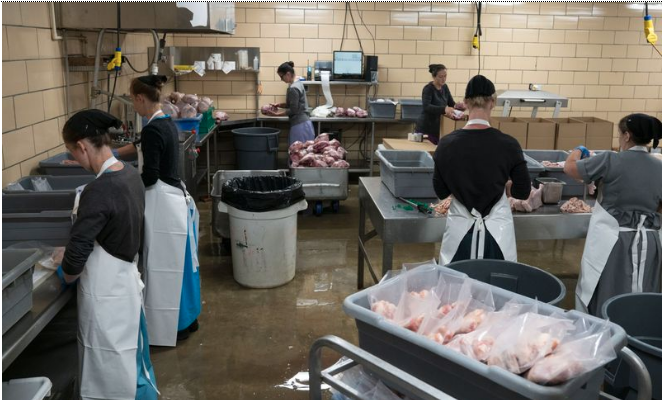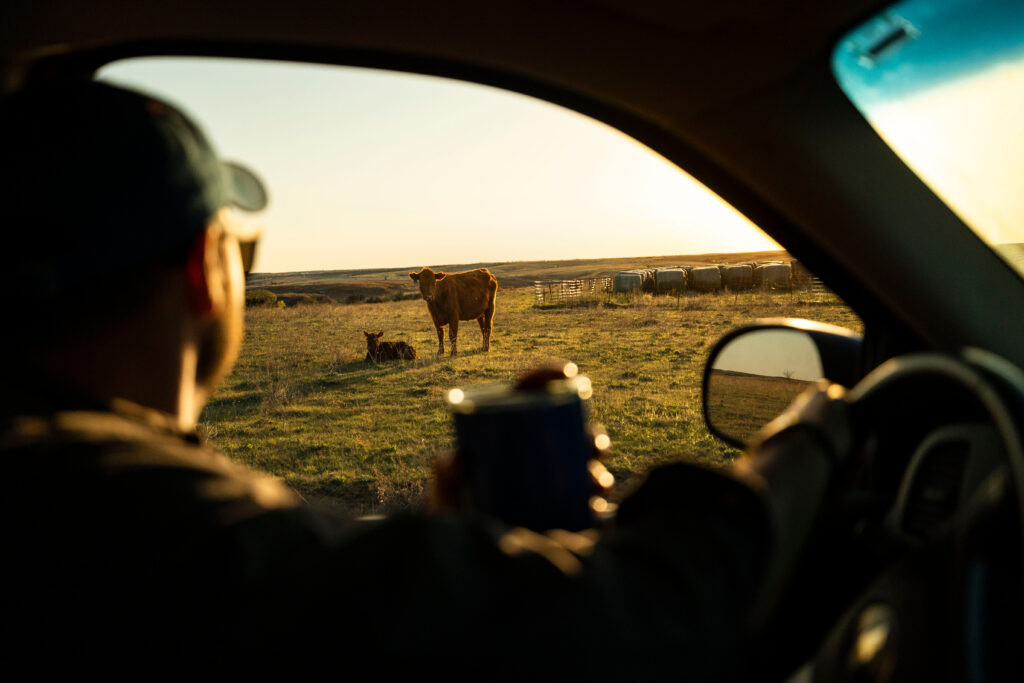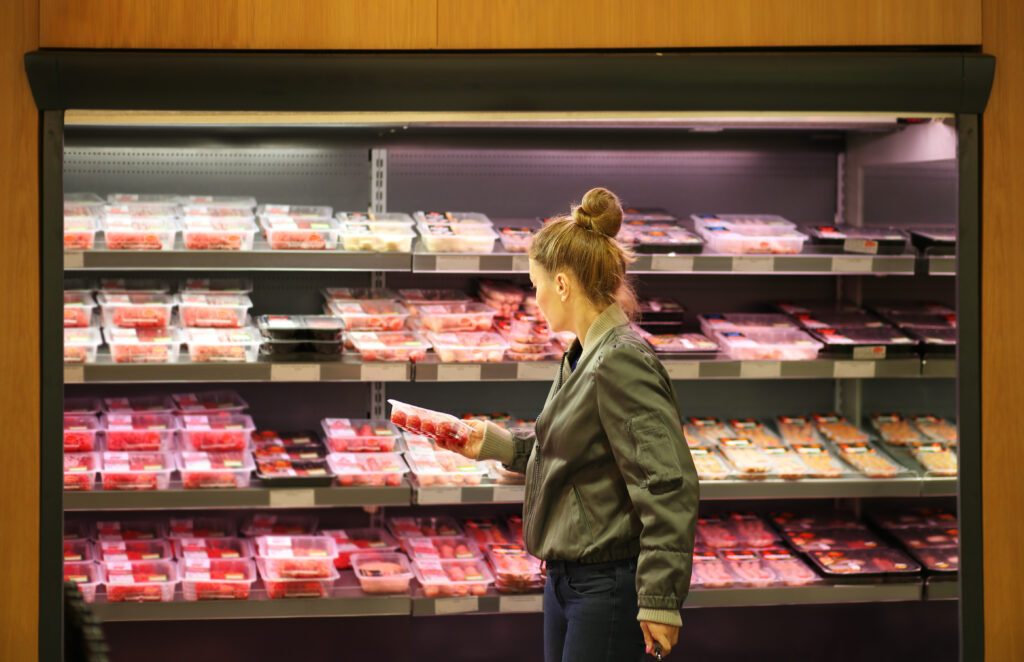Reposted from: https://www.bloomberg.com/news/articles/2020-11-24/thanksgiving-week-brings-feast-of-complaints-on-raising-turkeys
Thanksgiving week kicked off with complaints about how turkeys processed by some U.S. poultry producers are handled.
Six nonprofit groups including Family Farm Action Alliance and Animal Equality filed a complaint Tuesday with the U.S. Federal Trade Commission claiming Cargill Inc., one of the world’s biggest meat processors, was misleading customers with product labels mentioning the company’s association with “independent family farmers.”
“Far from the bucolic family farms portrayed by Cargill’s marketing, Cargill’s actual production methods exploit contract farmers and slaughterhouse workers, systematically abuse animals and cause grave harms to the environment,” the complaint said.
Advocates pushing for more humane treatment of animals may have targeted this week due to the U.S. Thanksgiving Day holiday on Thursday, when many Americans roast a turkey. Due to the coronavirus pandemic, gatherings this year are likely to be smaller, resulting in consumers favoring smaller turkeys or even chickens. The price of a 16-pound bird is 7% lower than last year, according to the American Farm Bureau Federation.
Cargill said the claims in the complaint “lack merit” and it conducts business “in a legal, ethical and responsible manner.” The Minneapolis-based company worked with the U.S. Department of Agriculture to develop a turkey production program that exceeds governmental and industry standards and allows certain claims to be used on packaging, according to an emailed statement.
The complaint followed an announcement Monday that two proposed class-action lawsuits were filed against Diestel Turkey Ranch, claiming it charged premium prices for turkeys it said were pasture-raised in California when its main source of the birds allegedly comes from offsite facilities with poultry barns. Diestel didn’t immediately reply to requests for comment.
Total pounds of turkey in U.S. freezers were down 25% in October from the prior month, and were 4% less than a year earlier, the Department of Agriculture said in a Nov. 23 report.




